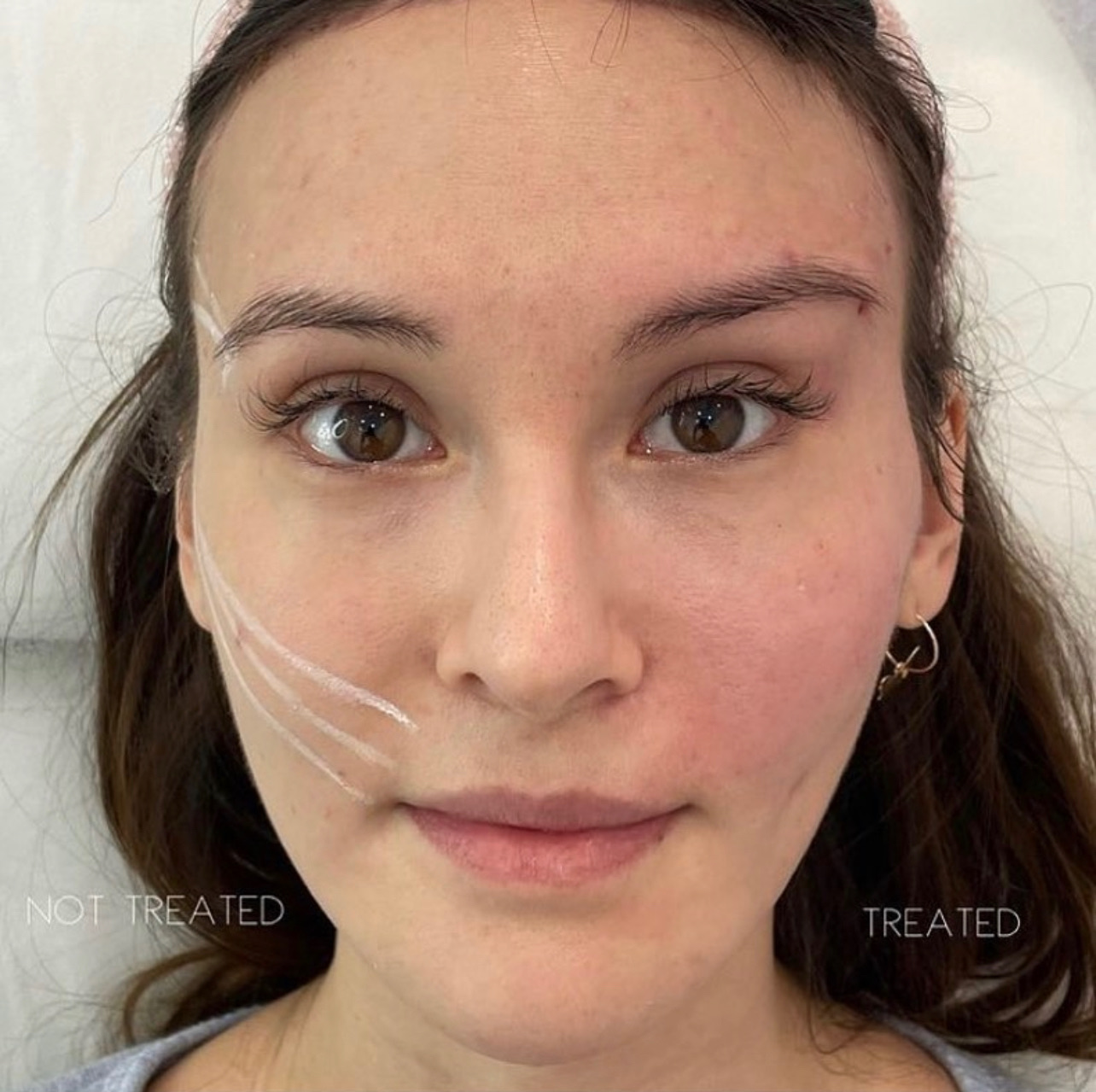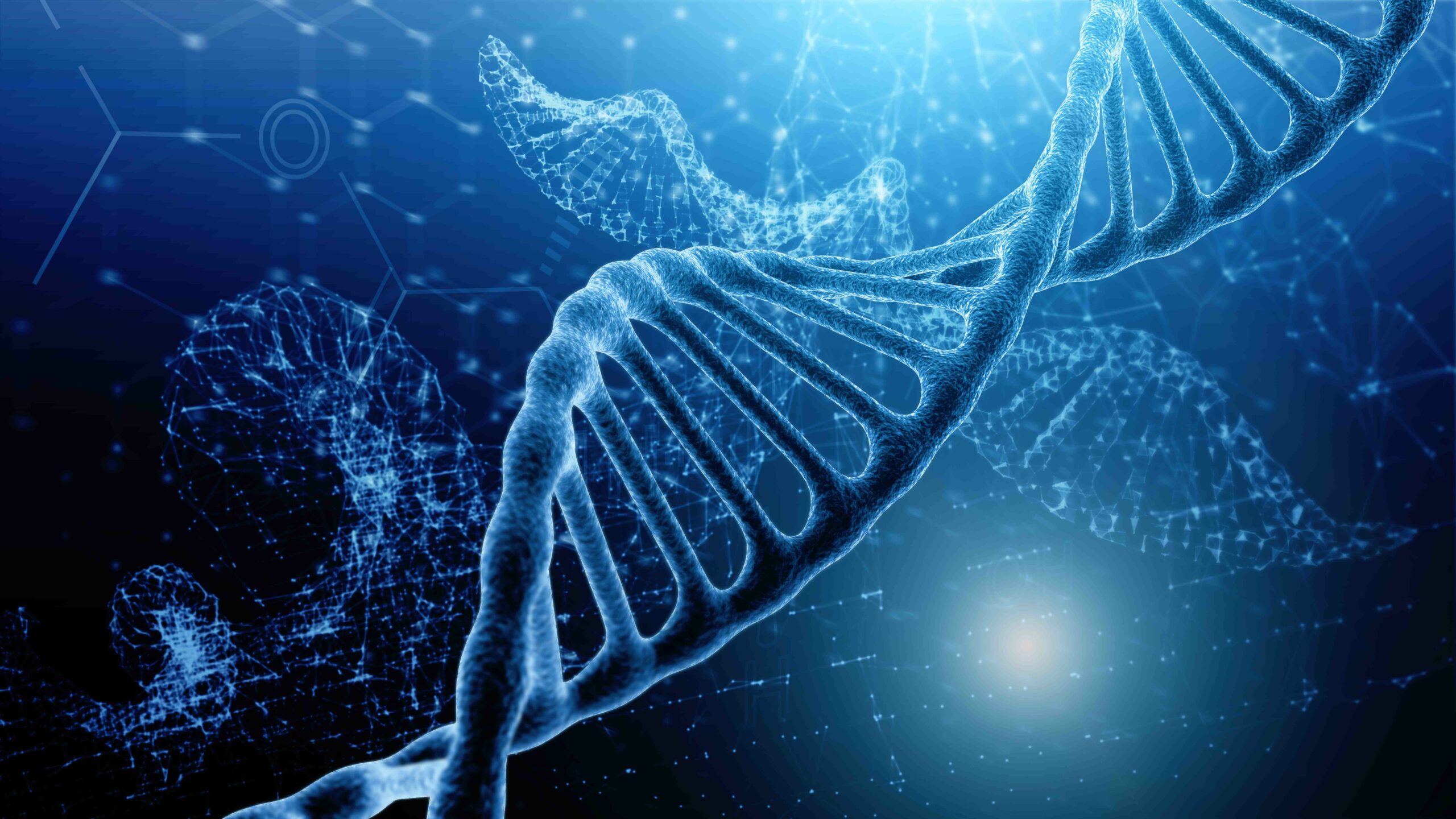Modern healthcare is complex and dynamic, requiring advanced tools and technologies to diagnose and treat various health issues. One such tool that plays a critical role in healthcare is diagnostic labs. These labs are responsible for conducting various tests and procedures that aid in diagnosing and treating illnesses.
However, the importance of diagnostic labs goes beyond just providing accurate and timely results. How these labs operate, the tests they perform, and the benefits they offer are all intricately linked to the overall success of modern healthcare.
In this article, we will explore the importance of diagnostic labs in modern healthcare, focusing on the full panel workup, food allergy testing, and respiratory allergy panel. Through this inquiry, we will see how diagnostic labs serve as a cornerstone of modern medicine, helping to improve patient outcomes and enhance the quality of healthcare delivery.
The Role Of Diagnostic Labs In Healthcare
Diagnostic labs play a critical role in modern healthcare by providing healthcare professionals with the information they need to diagnose and treat various health issues. These labs are responsible for conducting various tests and procedures that aid in diagnosing and treating illnesses. They utilize cutting-edge technologies and equipment to analyze patient samples and provide accurate and timely results.
The information provided by diagnostic labs helps healthcare professionals make informed decisions about patient care, ultimately leading to improved health outcomes.
Monitoring And Management
In addition to providing diagnostic information, diagnostic labs are crucial in disease monitoring and management. For example, patients with chronic diseases such as diabetes or kidney disease may require regular testing to monitor their condition and ensure their treatment plan works effectively. Diagnostic labs are essential in this process. They provide healthcare professionals with the information they need to adjust treatment plans and ensure patients receive the best care.
Early Detection
Furthermore, diagnostic labs are also critical in the early detection of diseases. Regular testing and screenings allow healthcare professionals to identify potential health issues before they become more serious. This early detection allows for prompt treatment and can often prevent serious health complications from occurring. Diagnostic labs are also crucial in research, as they provide valuable information that can help scientists to understand diseases better and develop new treatments and therapies.
Full Panel Workup
Routine blood tests are a fundamental healthcare component, serving diagnostic and preventative purposes. These tests are used to identify the root cause of physical ailments and detect potential health problems at their earliest stages, allowing for timely intervention and treatment.
Healthcare professionals can assess a patient’s health status through routine blood tests and monitor changes over time. For example, an annual full-panel blood test can provide a comprehensive snapshot of a patient’s health, allowing for comparisons to be made year over year. This information can be invaluable in identifying potential health issues before they become more severe and monitoring the effectiveness of treatment plans.
Routine blood tests can also identify potential health issues that may not present with visible symptoms. For instance, high cholesterol or blood sugar levels may not cause noticeable symptoms initially but can eventually lead to serious health complications such as heart disease or diabetes. Routine blood tests can help detect such conditions early on, allowing for prompt treatment and intervention to prevent further health deterioration.
Food Allergy Testing
Food allergy testing is a critical diagnostic tool that can help determine whether a person is allergic to a particular food. It can also distinguish between a true allergy and a food sensitivity, often mistaken for an allergy. While there may be similarities in the symptoms of these two conditions, their underlying causes and complications can be vastly different.
A food allergy is an immune system reaction to a specific food, and it can affect various organs throughout the body. The symptoms of a food allergy can range from mild to severe and can include hives, swelling of the lips or tongue, nausea, vomiting, abdominal cramps, and difficulty breathing. Sometimes, a food allergy can lead to anaphylaxis, a severe and potentially life-threatening allergic reaction that requires immediate medical attention.
In contrast, food sensitivity or intolerance is a digestive system response to a particular food, and it is generally not as serious as a true allergy. Food sensitivity occurs when the body cannot digest a specific food or when the digestive system is bothered by certain foods. Common food sensitivity symptoms include abdominal pain, bloating, gas, diarrhea, and nausea.
While food sensitivities are not typically life-threatening, they can still significantly impact a person’s quality of life. They can also be challenging to diagnose because symptoms may not appear immediately after consuming the offending food. However, with the help of food allergy testing, individuals can determine whether their symptoms are due to a true allergy or a sensitivity and can develop appropriate treatment and management strategies.
Respiratory Allergy Panel
If you’re among the many people suffering from seasonal allergies, a respiratory allergy panel may be just what you need. This diagnostic test measures your sensitivity to various environmental substances that can trigger allergic reactions.
A blood sample is taken and analyzed for immunoglobulin E (IgE) antibodies during a respiratory allergy panel. IgE is a type of antibody produced in response to allergens and is responsible for triggering allergic reactions in the body. By measuring the levels of IgE in your blood, healthcare providers can determine whether you have an allergic reaction to specific environmental allergens.
Once you know what you’re allergic to, you can take steps to avoid those triggers or seek treatment to manage your symptoms.
Takeaway
If you’re concerned about your health and want to take control of your well-being, consider working with BodyhackRX. Their cutting-edge diagnostic tools and personalized treatment plans can help you identify and manage various health conditions, from food sensitivities to respiratory allergies.
Be sure to take action before experiencing symptoms – schedule a consultation with BodyhackRX today and start taking proactive steps to optimize your health. With their innovative approach to healthcare and commitment to patient-centered care, you can rest assured that you’re in good hands. Contact us today!






